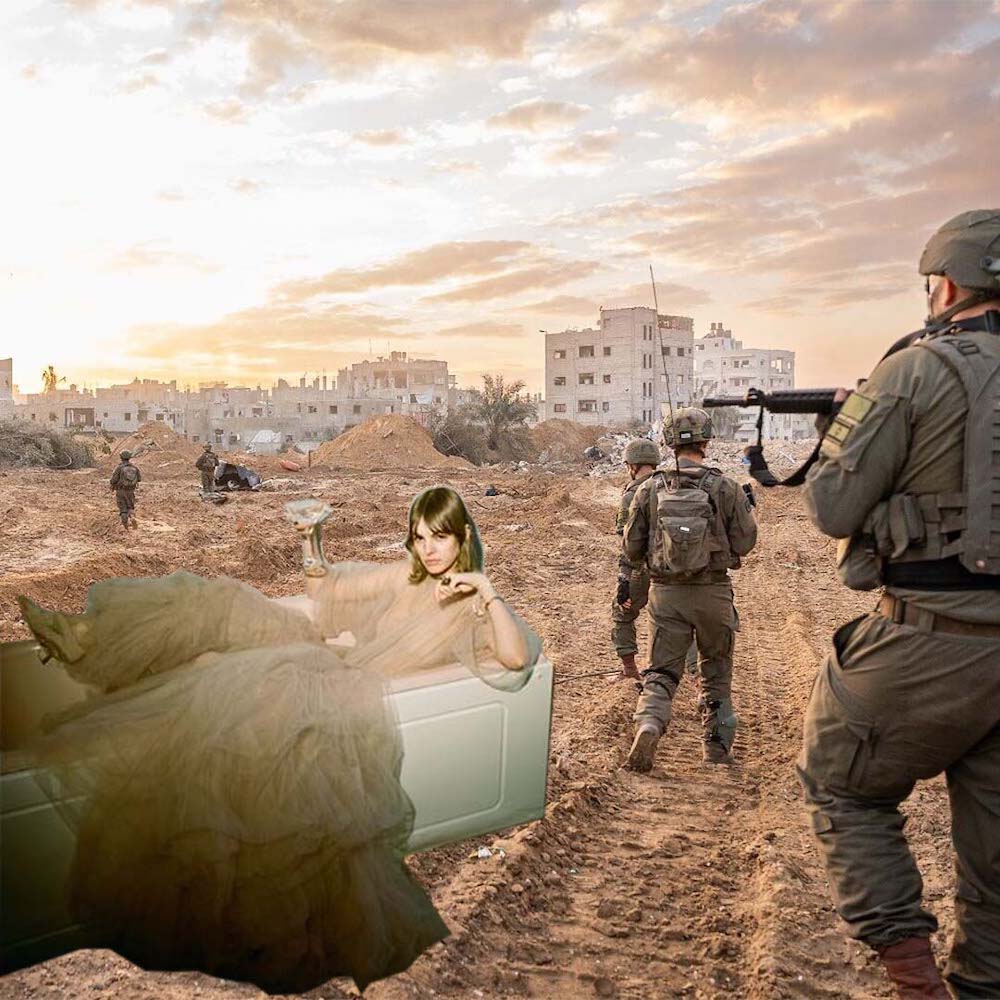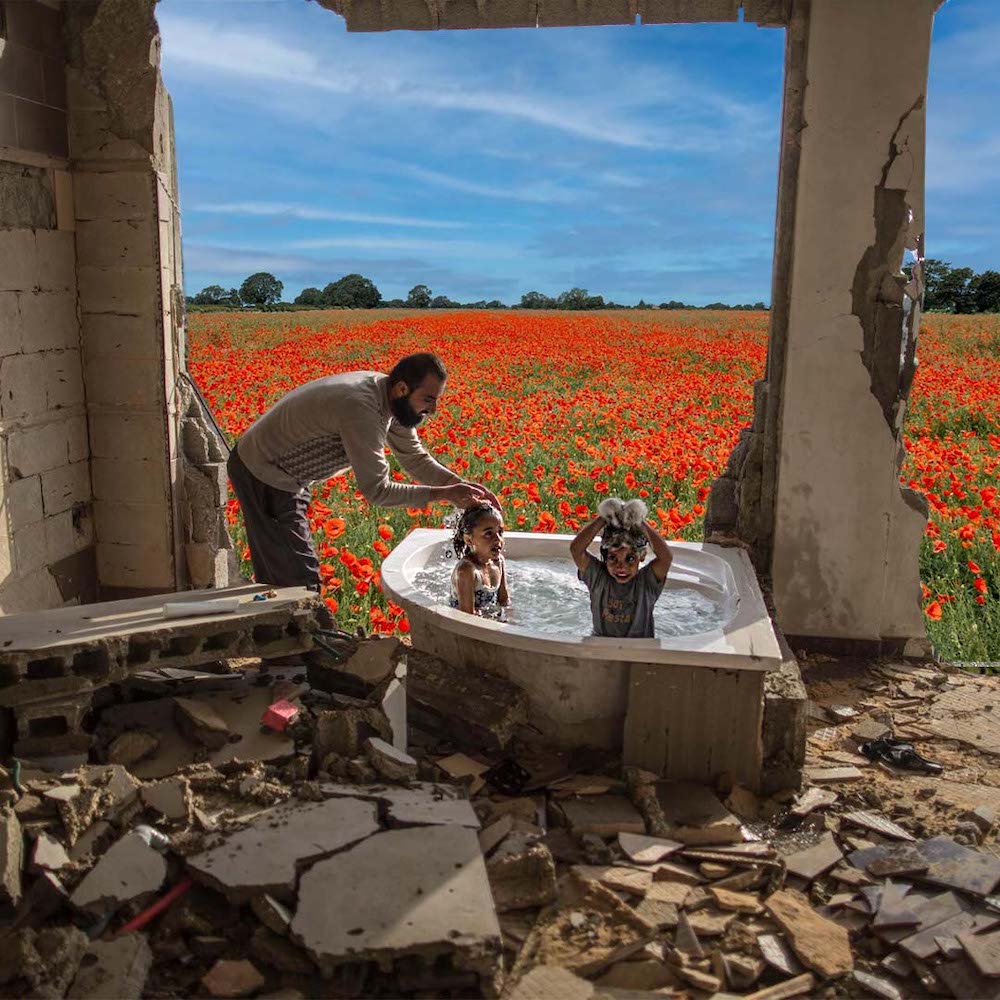Burlington Council Meeting: Freudian Slip On Gaza Conflict [Genocide]
Apr 21 2025
Does a single sentence, uttered in a moment of apparent candor, hold the potential to reshape the narrative surrounding a deeply complex and emotionally charged conflict? In Burlington, Vermont, a seemingly innocuous statement delivered during a city council meeting has ignited a firestorm of debate, forcing a reevaluation of how we understand and discuss the ongoing crisis in Gaza.
The incident, which quickly went viral, occurred during a discussion concerning the escalating violence in the Gaza Strip. A university student, speaking before the council, inadvertently made a statement that has since been dissected and debated across various media platforms. The core of the controversy lies in the student's declaration: "Do not use other genocides to describe this one." This seemingly simple directive, delivered with an apparent awareness of the gravity of the situation, has become a focal point for discussion, sparking questions about intent, interpretation, and the very definition of genocide itself.
The context in which the statement was made is crucial to understanding its impact. The Burlington City Council meeting was convened to address local concerns, yet the shadow of the international conflict loomed large. The students participation, while seemingly intended to contribute to the conversation, inadvertently became the headline. The words themselves, seemingly innocuous at first glance, have generated a wave of responses, as the audience members, including the speaker herself, responded with immediate gasps and audible surprise. This reaction illustrates the sensitivity of the subject matter and the potential for misinterpretation, even when the speaker's intentions are unclear.
The immediate response to the student's words was mixed. Some interpreted the statement as a tacit acknowledgment of the severity of the situation, a recognition that the events in Gaza could potentially be categorized as genocide. Others viewed it as a clumsy attempt to frame the conflict, to avoid drawing comparisons that might dilute the uniqueness of the current tragedy or to offer a more specific, context-driven description of the events taking place.
Adding fuel to the fire, the student's words sparked a flurry of online commentary. Social media platforms became the arena for heated discussions, with users dissecting the statement, analyzing its implications, and debating the speaker's motives. The hashtag #genocide, alongside other relevant terms, began trending, further amplifying the incident's reach and impact. Various videos, including the clip from the meeting, made their way across these platforms, causing a stir in each community.
The student, whose name is available in news coverage of the event, has become the subject of both criticism and support. The event caused a wider conversation about the speaker's intentions, background, and perspective on the conflict. This attention highlights the way in which individuals become entangled in the broader political and humanitarian debates that are now global in nature. These debates tend to reach the local spheres by means of university students.
In the aftermath of the viral moment, the incident has raised several critical questions. What constitutes genocide? How do we accurately classify and understand the horrors of armed conflict? Is it appropriate, or even helpful, to draw comparisons between different historical atrocities? These are not easy questions, and the debate is far from settled.
It has come to light that the student is a freshman at the University of Vermont. This fact further complicates the narrative. The university, like other institutions of higher learning, is a space where different ideologies and points of view are debated and discussed. The student's statement, whether intended or not, underscores the responsibility of educational institutions to foster an environment where complex issues can be discussed responsibly, with an emphasis on historical context and nuanced understanding.
The incident at the Burlington City Council meeting serves as a reminder of the power of language. Words, especially when delivered in a public forum, can have far-reaching consequences. A single sentence, uttered in a moment of what may or may not have been clarity, can become a catalyst for debate, prompting us to confront uncomfortable truths and reconsider our understanding of the world.
Heres some more information about the person involved in this situation:
| Attribute | Details |
|---|---|
| Name | [Insert Student's Name Here - This information needs to be filled in to be accurate. Replace this with the actual name if available.] |
| Age | Approximately 18-19 (based on being a college freshman) |
| Residence | [Insert Student's Residence Information Here - This information needs to be filled in to be accurate. Replace this with the actual information if available.] |
| Education | Freshman at the University of Vermont |
| Major | [Insert Student's Major Information Here - This information needs to be filled in to be accurate. Replace this with the actual information if available.] |
| Meeting Involvement | Spoke at a Burlington City Council meeting |
| Notable Statement | "Do not use other genocides to describe this one." |
| Public Reaction | Generated significant online discussion and media coverage, causing various reactions. |
| Impact | Sparked debate about the conflict in Gaza and the use of the term "genocide". |
| Reference | Link to News Source |
The incident also highlights the role of social media in shaping public discourse. The viral nature of the video clip and the ensuing commentary demonstrate how quickly information can spread and how easily individual statements can be amplified. Social media platforms have become powerful tools for both disseminating information and, at times, for spreading misinformation. This presents a challenge for individuals seeking to understand complex issues and for those who are trying to ensure accurate and responsible reporting. In the instance of this particular meeting, the student's words have become a topic of global dialogue, and the implications of that dialogue will have effects for years to come.
The situation has also put a spotlight on freedom of speech in the context of political debate. The student's words, regardless of how they were intended, are protected by the First Amendment. However, the protection of free speech does not preclude accountability. The public can, and does, analyze and critique statements made by public figures. The ensuing debate regarding the conflict shows the complexity of these intersections.
The events in Burlington also invite a closer look at the historical context. Understanding the history of the Israeli-Palestinian conflict, the varying perspectives of the involved parties, and the legal definitions of terms like "genocide" are vital to having a balanced and informed discussion. Without this, we run the risk of simplifying a complex issue, thereby potentially misrepresenting the situation and minimizing the experiences of those who are affected. Many, in the comments about the meeting, have demonstrated a wide gap in this historical context. This may be an unintended outcome of the incident.
The student's statement has triggered a conversation that extends beyond the specifics of the Burlington City Council meeting and the Gaza conflict. It is a commentary on the challenges of navigating emotionally charged political discourse. It is a stark reminder of the importance of nuance, historical context, and empathy when engaging with sensitive issues. As the situation unfolds, it will be up to the community, and the world, to find their own conclusions, to determine the meaning of the words, and what they represent.
The response to the student's words offers a glimpse into how we can approach complex matters with empathy and diligence. By engaging in respectful discourse, we may be able to cultivate a deeper understanding of the issues at hand.
The incident in Burlington is more than just a viral moment; it is a reflection of our times. It illustrates the intricate interplay between local politics, global events, social media, and the ongoing challenge of understanding the complexities of conflict. The students slip, whether a gaffe or a deliberate statement, has served as a catalyst for broader discussion, forcing us to confront difficult questions and engage with sensitive issues in a more nuanced manner.
Finally, the fact that the student is a young person adds another layer of complexity. The younger generation is often at the forefront of social and political change, bringing fresh perspectives and a different set of values to the table. This incident highlights the importance of fostering critical thinking skills and promoting open dialogue, allowing young people to engage in complex issues in a responsible and informed manner.


